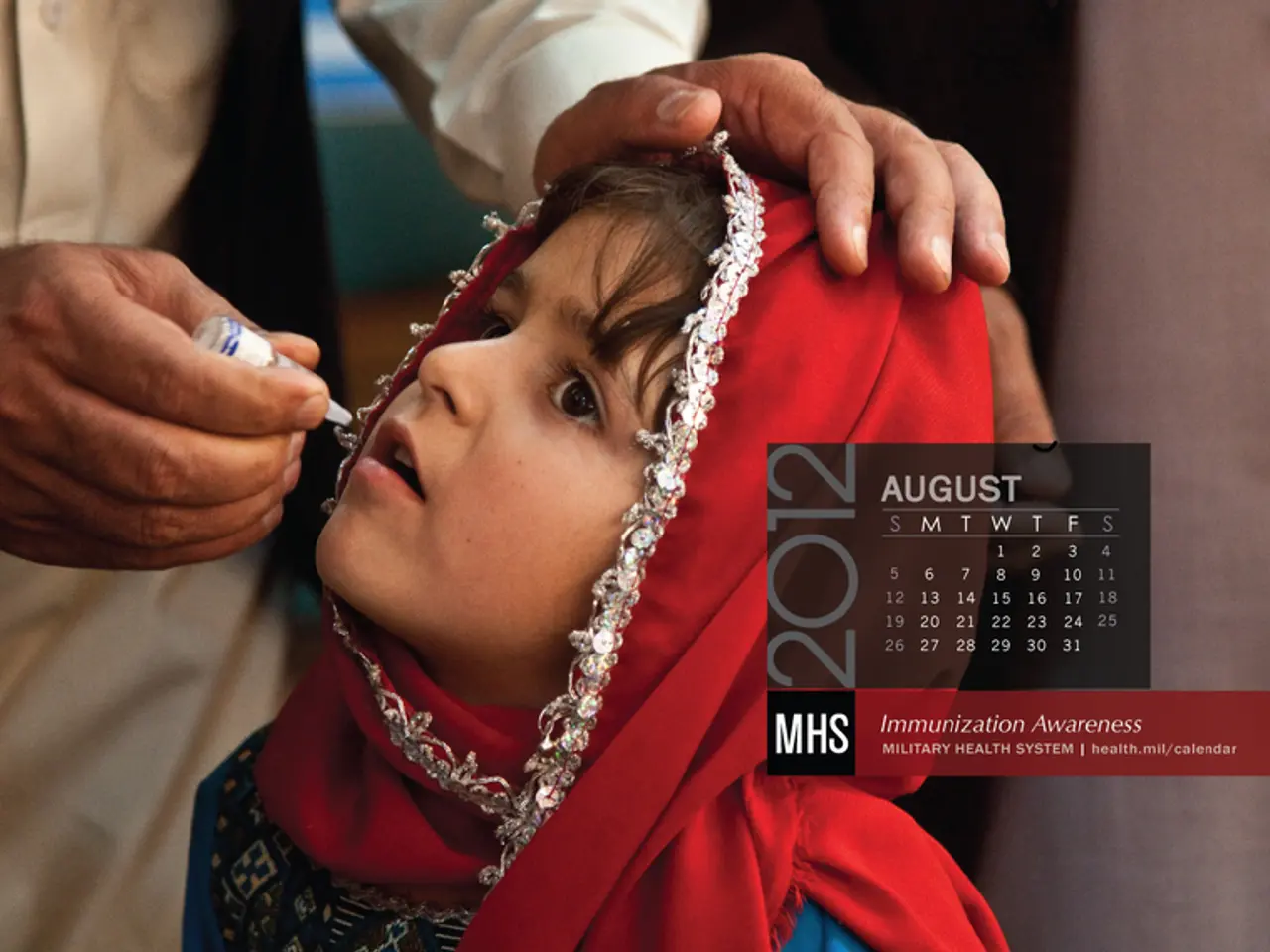Infant Vaccination Schedules: Guidance for Preterm Infants
Premature infants, those born before completing 37 weeks of gestation, face unique challenges in their health and development. These little ones require special care and attention, including timely vaccinations to protect them from potentially life-threatening infections and prevent the spread of diseases within the community.
Following the recommended vaccination schedule is of utmost importance for premature infants. The schedule generally follows the same chronological age timeline as for full-term infants, with some specific adjustments. For instance, premature infants weighing less than 2 kg should receive the first dose of the Hepatitis B vaccine at 1 month of age or at hospital discharge, whichever occurs first. All other routine vaccines are given according to the baby’s chronological age, unless medically contraindicated.
Timely vaccination is essential due to the increased vulnerability of premature babies. Delaying or altering the vaccine schedule is not recommended, as premature babies are at greater risk for severe infections and respond well to immunizations when given on time. Healthcare providers often administer vaccines in the NICU or during early outpatient visits to ensure protection without increased risk.
Common concerns and myths about vaccines for premature infants include fears that their immune systems are too immature to handle vaccines safely or that vaccines might cause complications in fragile babies. However, research and expert pediatric guidance emphasize that premature babies benefit significantly from vaccinations, which protect them from life-threatening illnesses. Although some premature infants may be undervaccinated due to illness or hospitalization, timely vaccination is crucial.
It is a misconception that vaccines overwhelm the immune system of premature infants. In reality, vaccines stimulate the immune system to learn how to fight off specific diseases, preparing the body to respond effectively when exposed to the actual pathogens. Vaccines are safe for premature infants and have been shown to be effective in protecting them against vaccine-preventable diseases like measles, mumps, rubella, pertussis (whooping cough), hepatitis B, and influenza.
Managing stress and anxiety is crucial when caring for a premature baby, as it can be stressful and overwhelming. Building a strong support system around oneself is important, as well as maintaining good communication with healthcare providers to stay updated on the baby's progress and address concerns. Creating a safe and healthy environment for premature babies is crucial, as they have weaker immune systems.
Premature birth poses unique challenges for the newborn's health and development. Premature babies face a range of challenges, including respiratory distress syndrome, intraventricular hemorrhage, necrotizing enterocolitis, and neurodevelopmental issues. However, with the right care and timely interventions, including vaccinations, these infants can grow and develop into healthy, thriving children.
In summary, vaccinations are essential for the health and well-being of premature infants. The vaccination schedule for premature babies may need adjustments, and consulting healthcare providers is crucial in determining the appropriate timing for these vaccines. Maintaining good communication with healthcare providers, managing stress and anxiety, and creating a safe and healthy environment for premature babies are all key components in ensuring the best possible outcome for these vulnerable infants.
- Parents of premature children must prioritize timely vaccinations to shield their children from potentially dangerous infections and prevent the spread of diseases.
- In spite of fears that the immune systems of premature babies are too immature to manage vaccines, research reveals that vaccinations significantly protect them from life-threatening illnesses.
- When caring for a premature baby, managing stress and building a strong support system help to ensure a healthy and nurturing environment for kids from the very start.
- To meet the unique needs of premature infants, healthcare providers often administer vaccinations in the NICU or during early outpatient visits, aiming to provide protection with minimal risk.
- The education of parents on the importance of vaccinations and the debunking of common myths about their safety are essential for the proper health and development of premature babies.
- A primary concern for parents is the newborn's vulnerability due to premature birth, but with the right balance of care, timely interventions, and immunizations, these infants can thrive and grow into healthy children.
- The handling of stress, anxiety, and communication with healthcare providers constitute vital components of effective parenting for families with premature babies, helping to lighten the load and guide them through the extraordinary challenges their children face.




